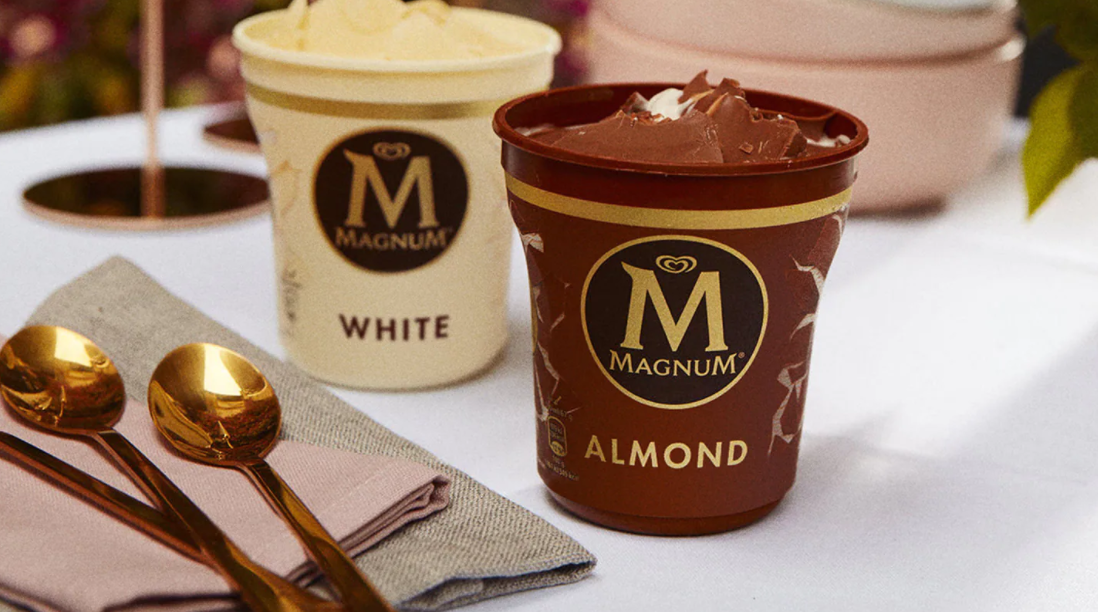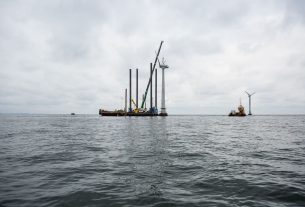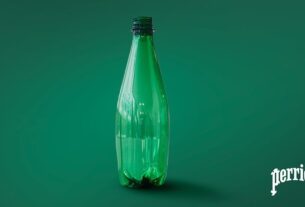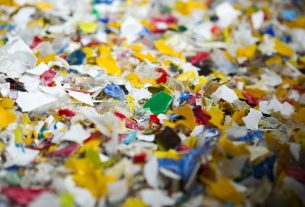Magnum has become the first ice cream company to pioneer a new recycling process and the first in the ice cream business to employ recycled plastic.
Magnum’s new tubs and lids for its pints collection are entirely recyclable and comprised of recycled polypropylene plastic, addressing the environmental impact of plastic (rPP).
This is made feasible by sophisticated recycling technology, which converts previously unrecyclable plastic waste into a lucrative resource. Because the closed-loop recycling procedure preserves the material’s quality, rPP trash can be reprocessed indefinitely, decreasing the requirement for virgin plastic.
In 2019, 600,000 of the new tubs were introduced in Belgium, the Netherlands, and Spain. More than 7 million will be introduced in other European nations this year. The new packs will be available globally beginning in 2021.
All tubs from recycled plastic by 2025
By the end of 2020, all Magnum Pints tubs in Europe will be made from rPP, which equates to more than 160,000 kg of recycled plastic. Our goal is to have all Magnum tubs constructed from recycled plastic by 2025. The complete implementation across all European countries is another exciting step toward a more sustainable future.
Collaboration with SABIC for new solutions
Although rPP choices for beauty and personal care items have been available for some time, there were previously no solutions certified for use in food-grade packaging. As a result, the business worked with SABIC — a global leader in diverse chemicals – to create one.
Traditional mechanical recycling does not yield the rPP utilized in Magnum since it is unsuitable for food contact packaging. The company employs a unique recycling method that converts plastic trash into a resin that has the same properties as virgin food-grade resin.
This breakthrough method enables for the recycling of low-quality, mixed plastic debris that would otherwise be incinerated or disposed of in a landfill. Food-grade rPP cannot yet be produced using any other type of recycling method.
The initiative is part of Unilever’s larger global packaging pledge to cut its use of virgin plastic in half by 2025 by decreasing its absolute usage of plastic packaging by more than 100,000 tonnes and increasing its use of recycled plastic.




